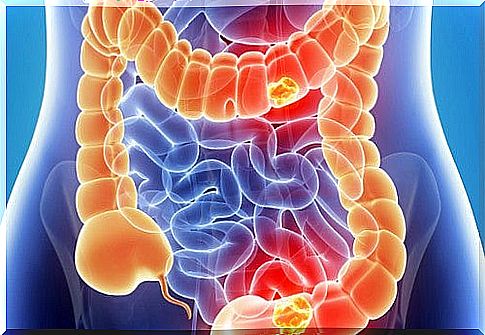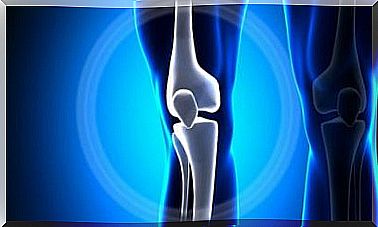3 Tips To Improve Your Digestive Health
Stress knots your stomach? Although diet is often the cause, sometimes stress and worry affect our digestive system.

Heartburn, gas, bloating … While the intestines are essential for the proper functioning of our body, many factors, such as stress, can affect the state of our digestive health and cause health problems such as the syndrome. irritable bowel.
This article offers you 6 tips that will help you maintain good digestive health.
1. Reduce stress for digestive health

Stress is to be taken very seriously. Our current rhythms of life, our anxiety, or even our stress, directly affect the health of our intestines and our stomachs. Some experts even call our digestive system a “second brain”.
Indeed, it is in the latter that the “intestinal nervous system” is located, using the same structures as neurotransmitters. This is why it is important to give a certain balance to our life, in order to benefit this “second brain”.
According to specialists, a strong state of stress can cause irritability of the colon, leading to certain imbalances in our digestive health such as:
- Imbalance of the autonomic nervous system, whose role is to ensure the correct rhythm of our bowel movements.
- An imbalance in the endocrine system, which then increases the production of stress hormones such as adrenaline and cortisol, causing digestion problems.
- A dietary imbalance. Indeed, it is well known that some people seek in food a way to alleviate stress and anxiety. These food excesses then lead to an accumulation of nutrients in the intestine, which then sees its digestion rate completely disrupted.
It is therefore important to remember that our emotions directly influence our body and in particular our digestive system. Taking life in a more relaxed and rested way would therefore be of great benefit to our body.
2. Rebalance your diet
2.1 Avoid fried, processed, and high fat foods

Hamburgers, fries, fried chickens bathed in oil, pizzas, fried onions… We all know the effects of junk food on our health. And yet we all consume it, either for lack of time, or simply for taste.
But how often have you had an upset stomach after eating a high fat meal?
Indeed, having almost no soluble fiber, this type of food places too much strain on our digestive system, which can then suffer from ailments such as diarrhea.
- Health tip : Using the oven for cooking will allow you to consume less oil. Likewise, steaming is ideal for preparing vegetables.
And if you still want to use oil, remember that olive oil is one of the most beneficial oils for your health.
2.2 Avoid red meat

- Healthy Eating Tip: Lean meat such as chicken or turkey is most beneficial for your health. However, when buying it, make sure it came from as well as where it was bred.
Avoid cooking it in oil, and prefer cooking methods without fat such as the oven or the plancha.
2.3 Avoid dairy products

Dairy products are one of those foods that can promote the onset of irritable bowel syndrome. In general, we do not digest dairy products well because they lack fiber.
In addition, they contain too much fat and lactose which can cause serious digestive problems such as diarrhea or constipation. Also, we advise you to avoid dairy products as much as you can.
- Health advice : it is very easy to replace cow’s milk with plant-based milks such as oat, rice, almond, walnut, or even pistachio milk. It is now easy to find them in supermarkets, or even to make them at home.
3. Taking certain medications

Many studies show that certain bowel problems, such as irritable bowel syndrome, are sometimes directly related to taking certain antibiotics.
Indeed, doctors noticed that shortly before the first symptoms of this disease appeared, many patients had to take antibiotics in order to cure a severe infection. Consuming certain antibiotics that are too strong for the body could therefore affect the intestine.
We can then ask ourselves what are the reasons for these effects. This is quite logical, the primary function of antibiotics is to destroy microorganisms, but they cannot distinguish good bacteria from bad bacteria and thus lead to a serious imbalance in our intestinal flora.
However, this same imbalance can be caused by other treatments, so we must be careful with the medications we use such as antidiarrheals or laxatives.
Moreover, in cases of diarrhea or constipation, we recommend that you instead resort to natural solutions for digestive health .
In addition, we remind you that it is always preferable to c consult the advice of your doctor before taking any medication.









